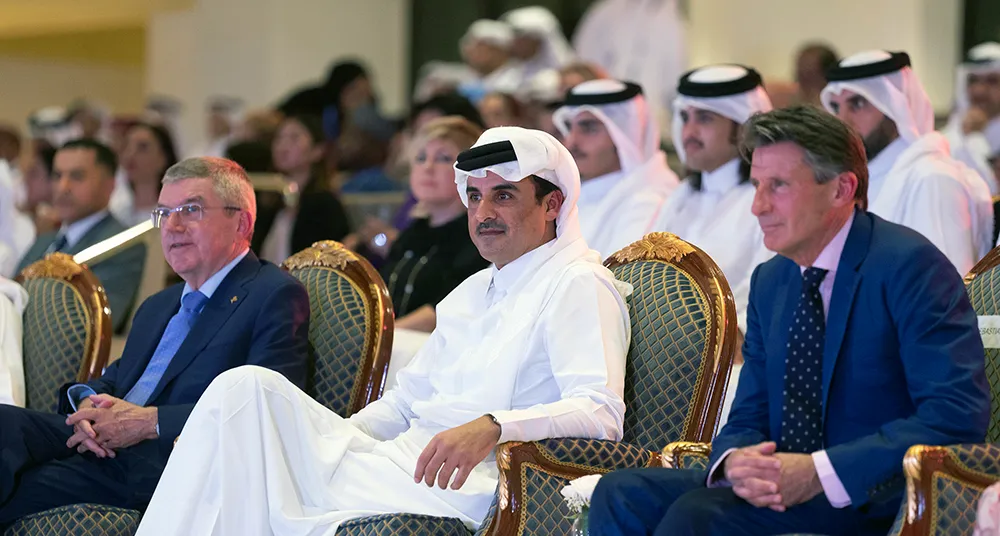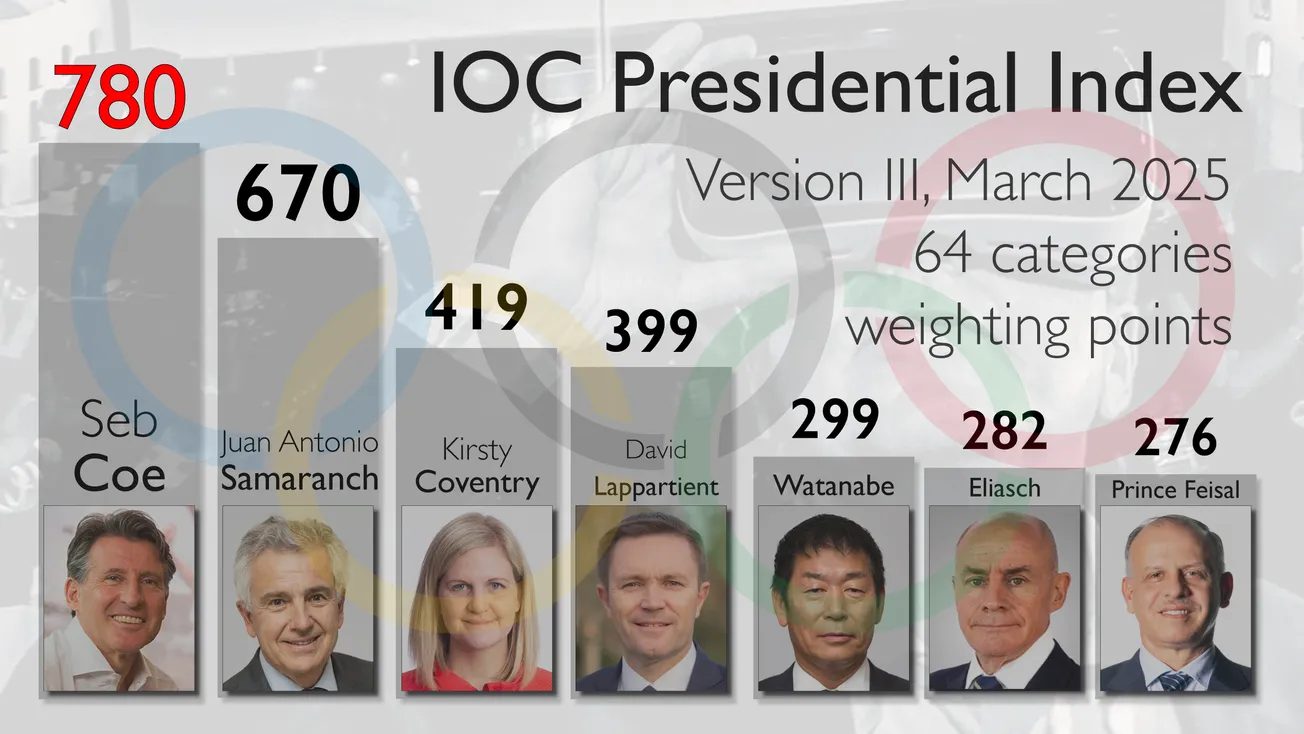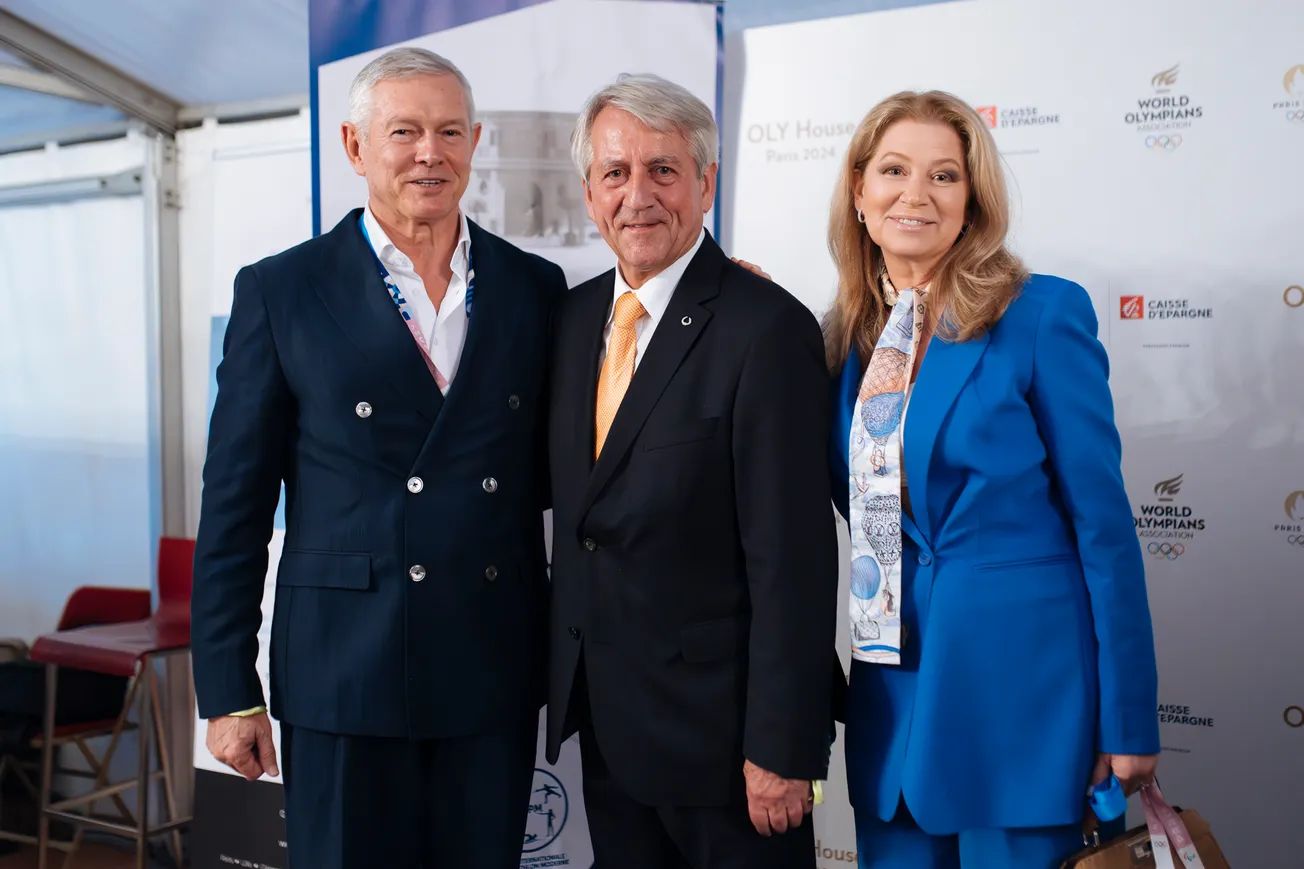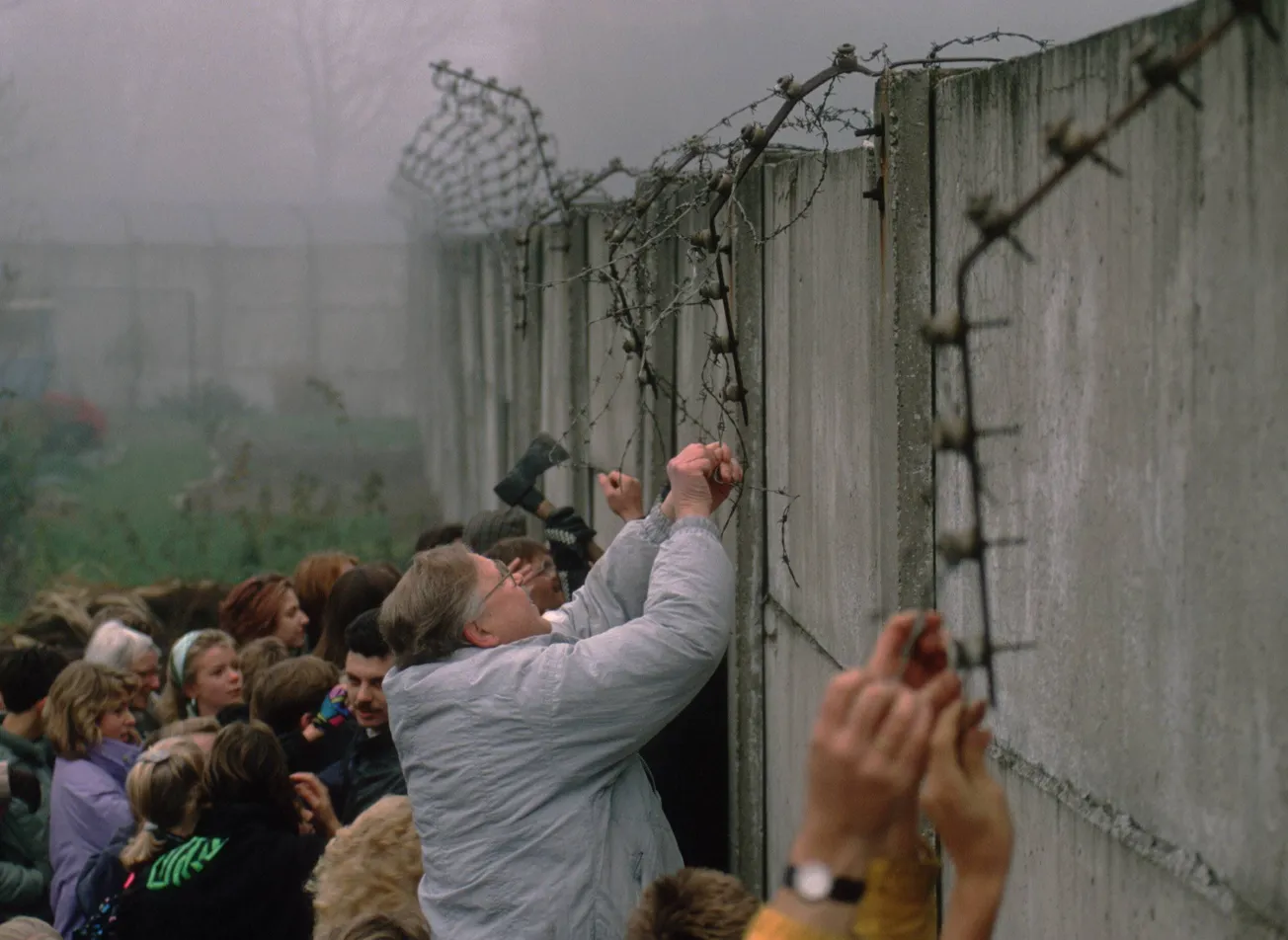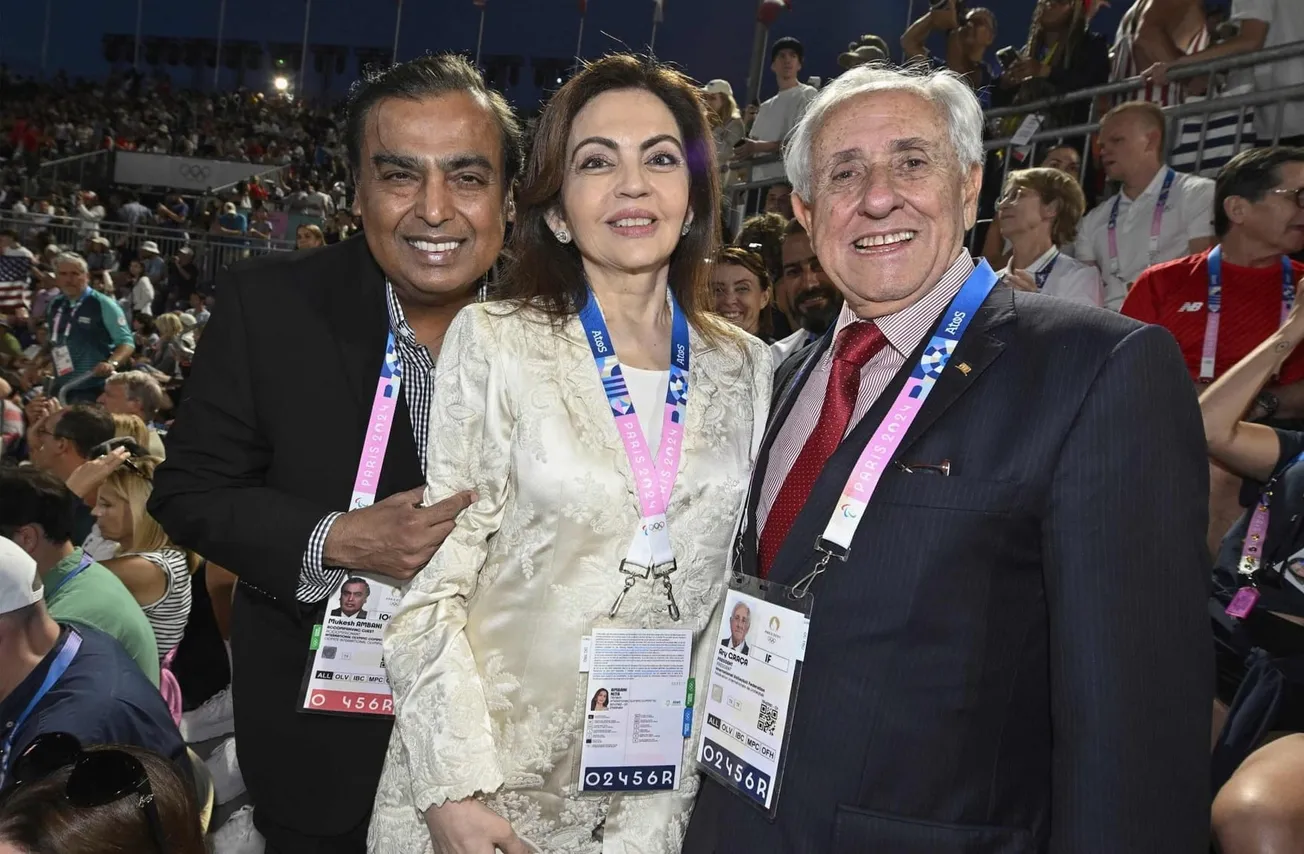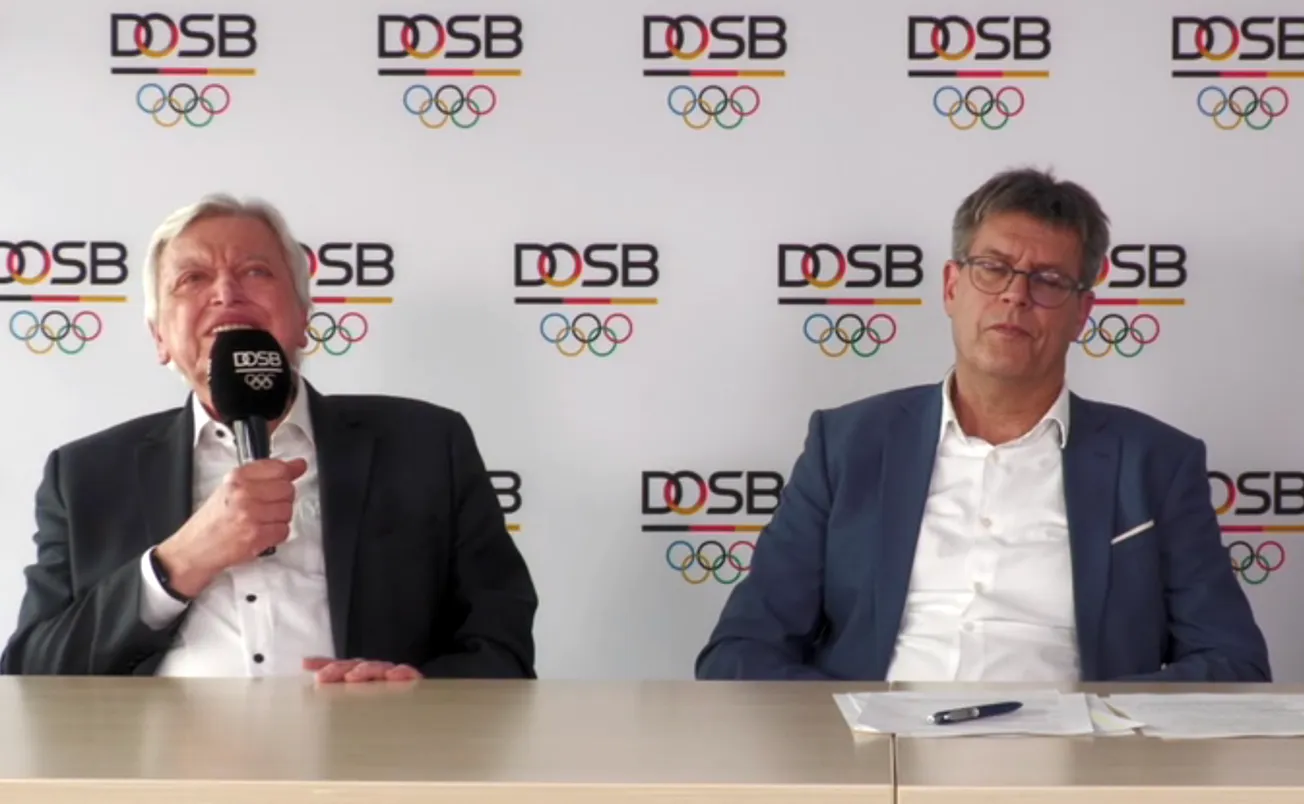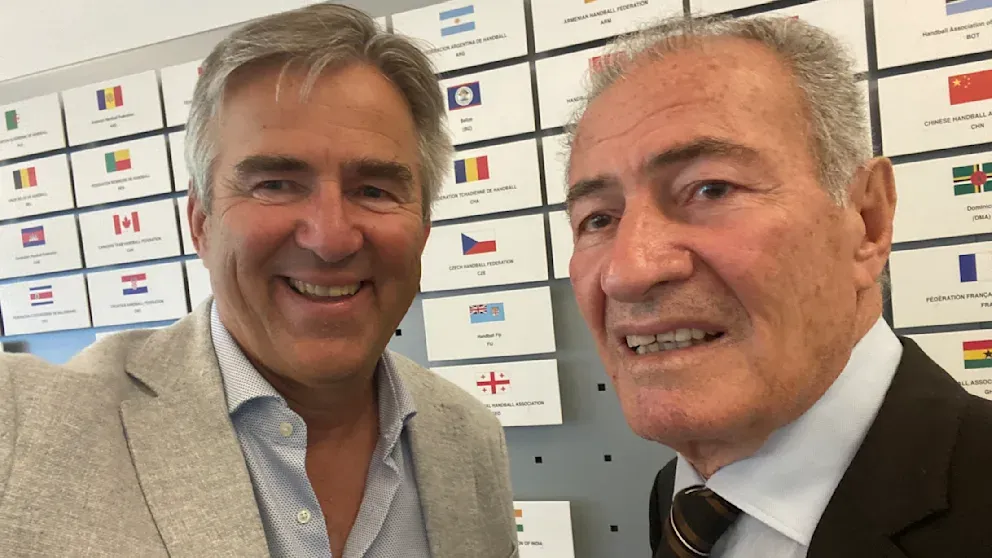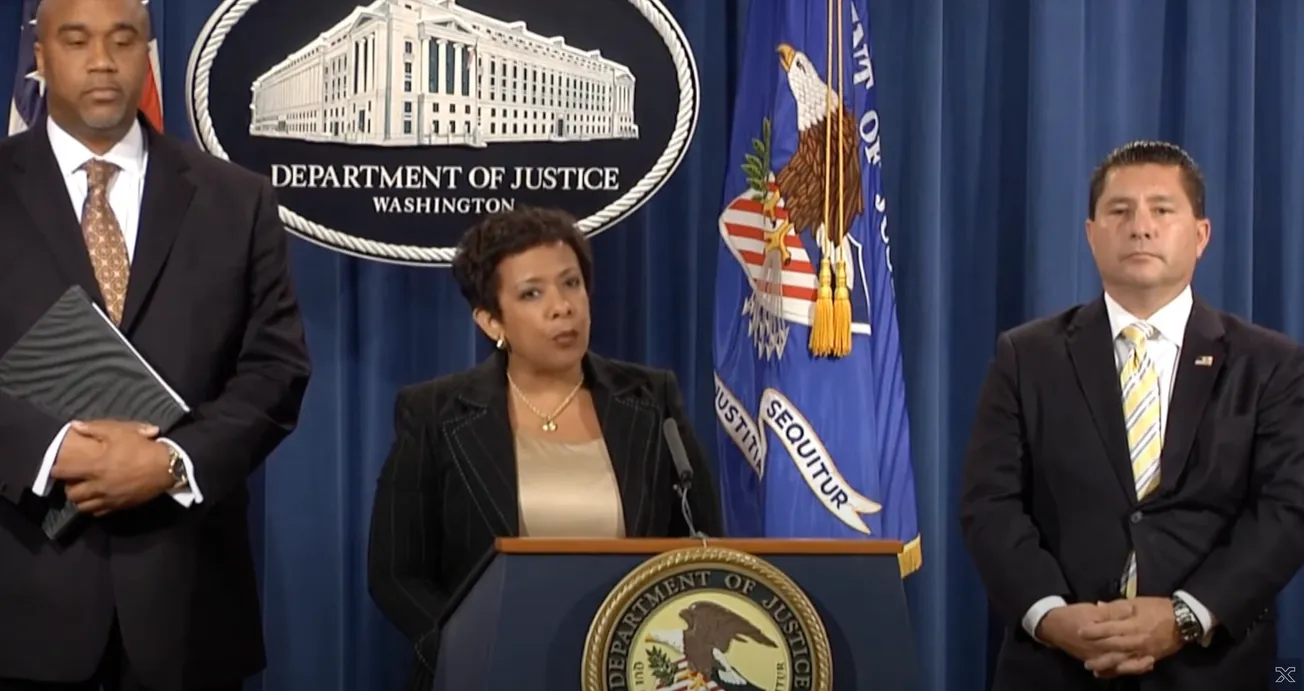Backed by China’s Xi Jinping and Russia’s Vladimir Putin, the IOC paves the way so Russian athletes including military personnel can come back to the Olympics. But resistance is growing.
The two Olympic champions Thomas Bach and Sebastian Coe were once friends. They both have experience from an Olympic boycott: Bach, who is from West Germany, was deprived of his second Olympic participation in 1980 – the Briton Coe took part in Moscow and won his first of two gold medals.
A year later, both were selected by the International Olympic Committee’s (IOC) president Juan Antonio Samaranch for the first IOC Athletes‘ Commission at the historical Olympic Congress in Baden-Baden that ended the amateur age and ushered in the large-scale commercialisation of the Olympic Games.
In spite of their shared experiences in the past, Bach and Coe, the president of the IOC and the president of World Athletics (WA), who once called each other Professor and Shakespeare, could not have acted more differently in recent years. This is demonstrated again these days, despite the fact that Sebastian Coe has also been an ex-officio member of the IOC since 2020.
The long-standing disputes over the appropriate responses to Russia’s fundamental crimes against sport and international law caused their friendship to grow cold. First the Russian state doping system, then the Russian war of aggression on Ukraine.
The IOC, led with an iron hand by German Thomas Bach, has been preparing the readmission of athletes from Russia and Belarus behind the scenes for months. To this day, they are just too tactical to tell the truth.
IOC criticism of Ukraine and its President Zelenskyy
Instead, the propaganda machine was fired up, tricks and deceptions, tactics and manoeuvring were used. In the IOC’s Questions & Answers, the war is condemned, at least a little, but the Ukrainians and Ukrainian President Volodymyr Zelenskyy are also criticised several times.
It almost seems as if the Ukrainians, who simply do not want to bow to the attacks of the Russian army and the Olympic plans of the IOC, are the real problem. When the Ukrainians refuse to take part in the 2024 Summer Olympics in Paris side by side with their aggressors, the IOC responds:
„It is extremely regretful to escalate this discussion with a threat of a boycott at this premature stage.“
But the boycott discussion will remain. It is already taking place after the pro-Russian decisions of the first Russian-dominated Olympic federations in boxing (IBA) and fencing (FIE). The sufferers are never Russian and Belarusian athletes.
The sufferers are always the Ukrainians and the athletes of other nations who are deprived of their chances – and who have to make individual decisions in which they are largely abandoned by their federations and also by their National Olympic Committees (NOC).
On March 10, silver medalist of the 2018 Youth Olympics Maksym Galinichev laid down his life for independent Ukraine🕯️
— Vladyslav Heraskevych OLY (@heraskevych) March 22, 2023
In the spring of 2022, Maksym refused to participate in the European Boxing Championship and volunteered for the airborne assault troops.
Glory to Hero 😪 pic.twitter.com/xQQszWa0tG
The question of individual boycotts has long been raised for athletes themselves. According to the rules books in fencing, for example, athletes who do not compete against Russians out of conscience and/or solidarity with Ukraine and their Ukrainian sports comrades are disqualified and face additional suspensions.
Dilution of IOC’s responsibility
The IOC has so far delegated the responsibility for allowing Russians and Belarusians to qualify for the 2024 Summer Olympics in Paris to the current 32 Summer Olympic sports federations. A similar procedure to when the Russian doping scandal reached a climax in the lead-up to 2016 Rio Games: A dilution of own responsibilities.
These days, the final video meetings with athletes, National Olympic Committees (NOCs) and federations are underway, all following the familiar script:
Majorities are organised, dissenting opinions are marginalised, and there is no real open discussion. It all takes place behind closed doors, in internal video calls, last week with athletes‘ spokespersons, this Monday with the Olympic federations (IF) and the National Olympic Committees (NOC).
The IOC Executive Board will probably not announce some kind of decision at this week’s meeting in Lausanne, but whatever happens, the EB will wrap it up in propaganda. Let’s not fool ourselves: If the resistance in politics, among athletes, in IFs and NOCs, even in the media, does not become much greater and more decisive, then Russian and Belarusian athletes will participate in a broad way both in the Olympic qualification competitions and also in the Olympics in Paris. That and nothing else will be the message.

